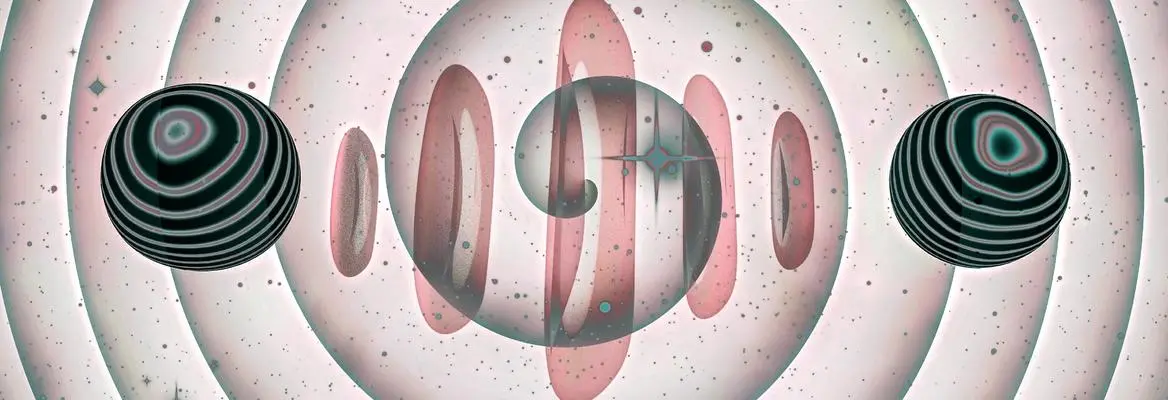Newton’s occult belief in ‘action at a distance’ has been suppressed by historians seeking to deny that magical ideas played a major role in the development of modern science, argues John Henry.
“Action at a distance” was a designation used since the Ancient Greeks to refer to any action between bodies which did not take place by contact action. Aristotle, whose natural philosophy was the most influential on later Western thought, insisted that a body could only act on another body by hitting it, sticking to it, combining with it, or some other kind of contact action. This view held sway throughout the Middle Ages thanks largely to the endorsement of Aristotle by Thomas Aquinas. It was Thomas who summed it up in the often-repeated phrase, “a body cannot act where it is not.” The advent of the new “mechanical philosophies” in the seventeenth century only reinforced contact action. The mechanical world picture was one of cogs tyrannic, intermeshing with, and grinding against, one another, with no spaces between.
There were always those, however, who believed in the “evil eye”, or in other forms of immaterial influence. In the occult tradition bodies could act on one another at a distance by non-material means, by supposed virtues, powers, or forces. Even the Aristotelians had their doubts with regard to magnets, which could not only attract pieces of iron but could do so through stone or a substantial sheet of lead. The mechanical philosophers, undaunted by inconvenient observations, simply assumed magnets sent out streams of invisible particles which could hook themselves on to a piece of iron and return to the magnet, dragging the iron with them. Not even magnets had occult powers of attraction, the mechanists insisted, they operated by indirect contact, thanks to their streams of material effluvia.
All this was changed, however, by Isaac Newton and the unprecedented success of the new physics he presented in his Mathematical Principles of Natural Philosophy, the Principia mathematica of 1687. One of the most remarkable aspects of Newton’s physics is that it not only assumed the reality of actions at a distance (chiefly, but not exclusively in the case of gravity) but it also established actions at a distance as a mainstay of physics throughout the eighteenth century and into the nineteenth. Newton’s influence in this regard was so great that by 1843, when John Stuart Mill published his System of Logic, he was able to write that nobody now “thinks it at all incredible that the celestial bodies can and do act where they, in actual bodily presence, are not.” He dismissed the shared view of the Aristotelians and the Cartesians (followers of René Descartes, inventor of the most successful version of the mechanical philosophy) as very much a thing of the past:
Newton had been coy at first because he knew action at a distance was such a magical and untenable position.


















Join the conversation